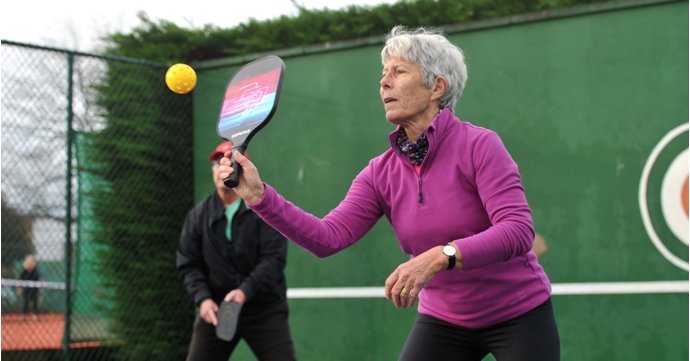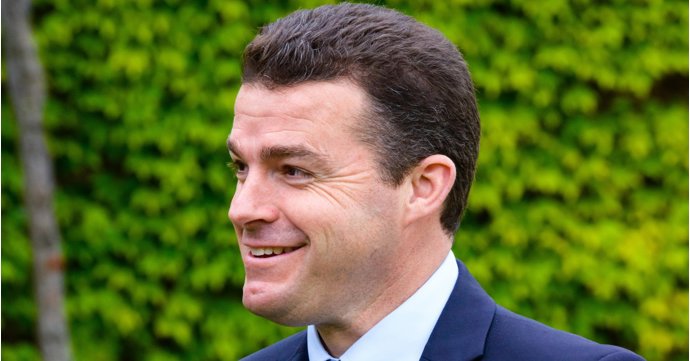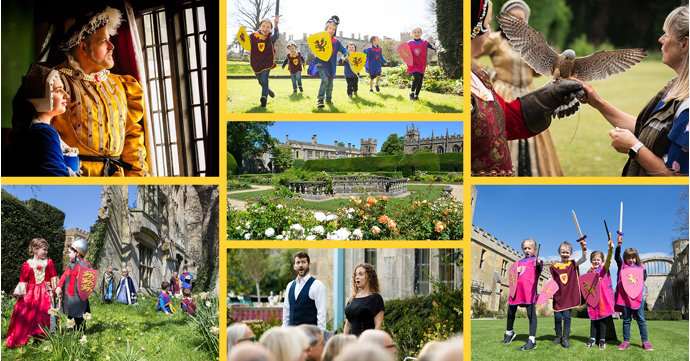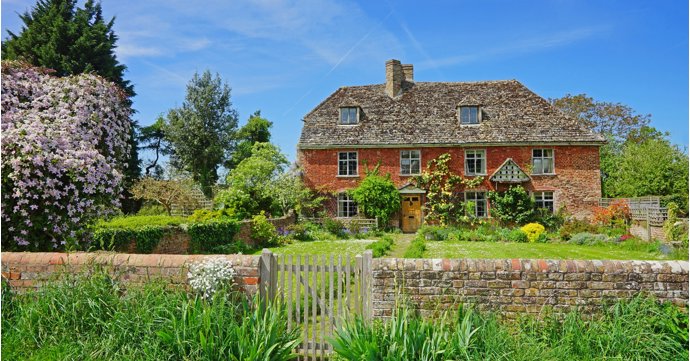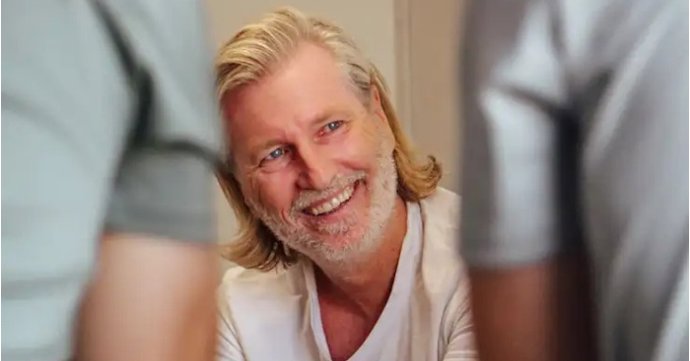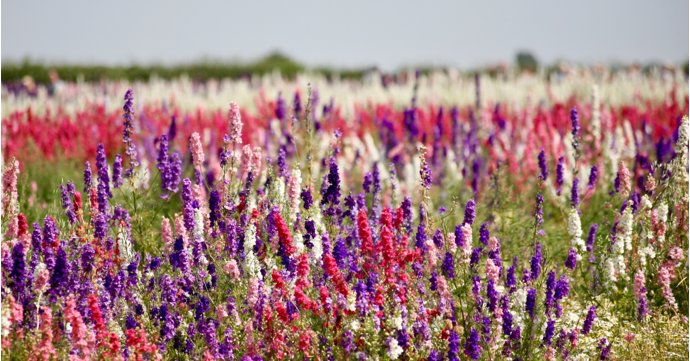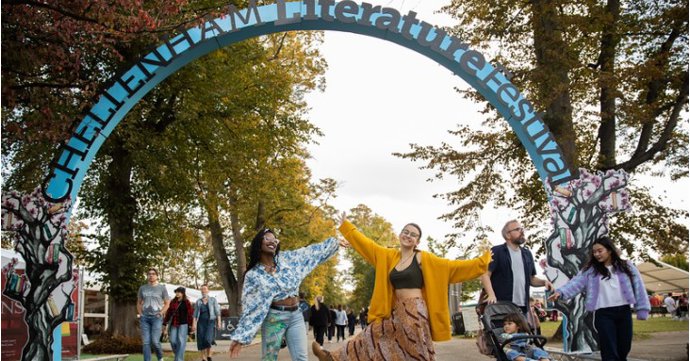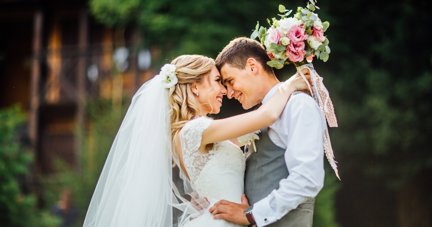For 140 years, East Glos Club has been at the heart of Cheltenham's sporting community, from hosting Victorian cricket tournaments to welcoming players of all ages and abilities onto its courts to try tennis, racketball, squash and padel in present day.
Now its entire history, which spans two World Wars and a global pandemic, has been documented in new research by club member Julian Wellings. Available online via eastglos.co.uk/history and in a new book, which can be purchased from the East Glos reception, it uncovers some truly incredible stories – involving sporting legends, archery mishaps and even magic taps!
The story begins in 1883 when local cricket club, the Cheltenham Nomads, finally found its home ground at the site on Old Bath Road and changed its name to East Gloucestershire Cricket Club.
As cricket became increasingly popular in Victorian England, cricketing legend W. G. Grace – who's recognised as one of the greatest players of all time and a pioneer of the game – even played at the club in 1888.
And although it's now best-known for its rackets sports offering, it wasn't until 1885 that tennis was first played at East Glos Club.
Tennis quickly grew from being an entertaining pastime for the cricketers' wives to part of the club's core offering, with the committee investing in better facilities for lawn tennis to attract more tennis members in 1890.
Adaptable and forward-thinking, the club has added new sports throughout its history. It absorbed the Cheltenham Croquet Club in 1899 until the two clubs separated in 1908. It was also home to the Cheltenham Archers for 48 years, before an arrow shot during a county match fell onto a tennis court, narrowly missing a player!
Despite the disruption of the World Wars, the club continued to grow in the twentieth century.
It formed its first tennis committee in 1922, capitalising on the popularity of tennis among young members of Cheltenham's community; by the following year, tennis membership reached 234, with only 15 cricket members remaining. It was then decided that part of the cricket pitch would be used for tennis, before cricket was disbanded altogether in 1924.
In 1930, the Cheltenham Junior Open tennis tournament was held for the very first time – an event which has become one of the best-known tennis tournaments in the country, used by up-and-coming talent as a warm-up for the National Junior Championships.
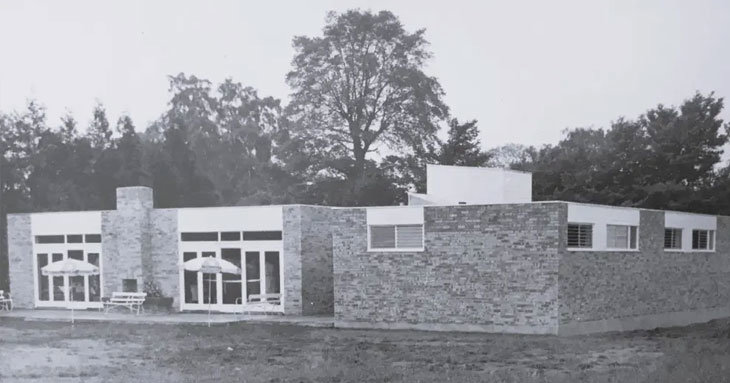
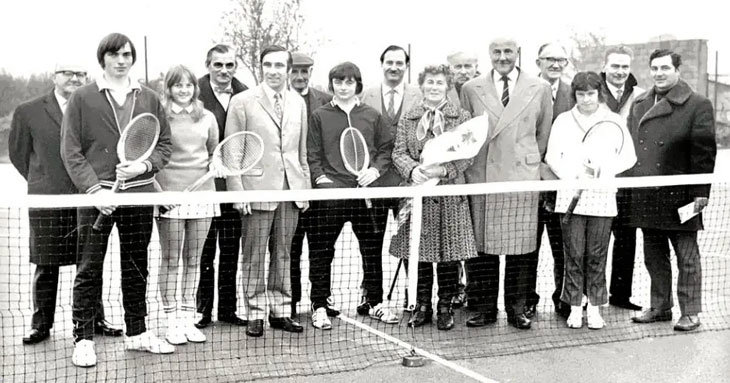
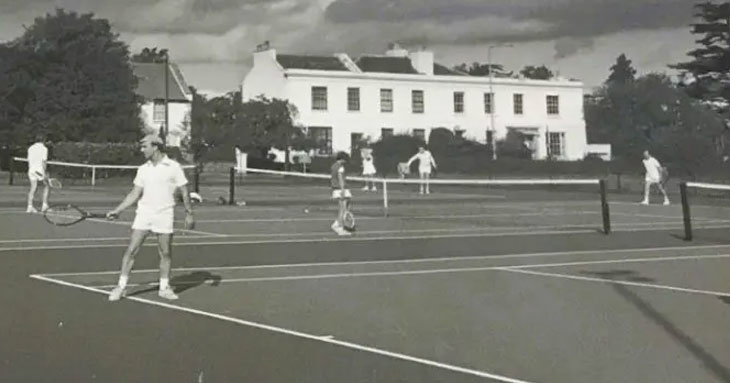
Over the years, the club has produced some incredible sportspeople: Wimbledon successes over the years include club members D. R. Bocquet and P. M. Seaton winning the mixed doubles junior championships in 1936 and club president Mary Eyre competing in the ladies doubles nine times between 1949 and 1957, reaching the quarter finals on four occasions. Since its inception, the club has also produced 19 hockey internationals, too.
East Glos diversified its offering again in 1972, with the opening of its first two squash courts. Two Tennis Quick all-weather courts were also added, making year-round tennis possible for the first time in the club's history. Two more squash courts were added in 1980 and racketball became a permanent sport at the club in 1990.
Entering the 21st century with a bang, it had completed a massive £500,000 redevelopment by 2003, including a clubhouse extension and refurbishment and two additional AstroTurf courts.
Notably in 2006, club president Eyre was awarded an MBE and requested that her investiture took place at her beloved East Glos Club – where an audience of over 50 welcomed Henry Elwes, Lord Lieutenant of Gloucestershire, as he presented Eyre with this honour.
Then in July 2007, when hundreds of thousands of people across the country were left without water for 18 days due to two months' of rainfall in 14 hours, East Glos Club miraculously managed to avoid closure thanks to its 'magic tap' – which continued to deliver a single trickle of water, meaning one toilet could remain operational and the club didn't need to close.
Sadly, closure was unavoidable when the Covid-19 pandemic hit in March 2020. East Glos Club closed for the first time in its history; then again in November 2020, when England when into lockdown for a second time. Despite a brief respite in December 2020, the challenges of the pandemic continued into the new year, with another full lockdown announced in January 2021.
Nevertheless, the club continued to move forwards, completing construction of its three new padel courts in April 2021. One of Europe's fastest growing sports, padel is a hybrid of tennis and squash and became the first new sport to be launched at the club since squash was introduced in 1972.
Most recently East Glos Club achieved recognition as one of the top three tennis clubs in the UK at the 2022 LTA Tennis Awards.
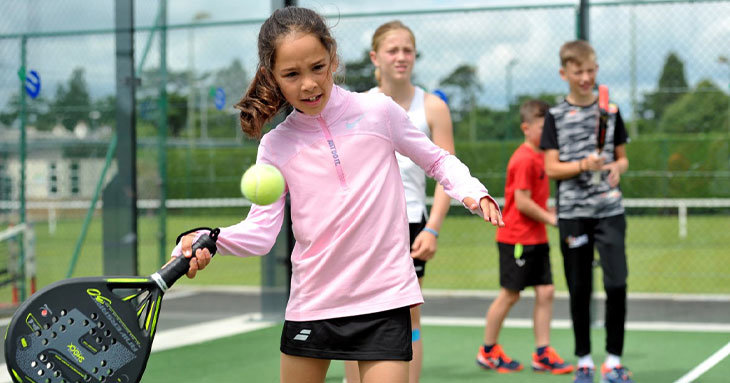
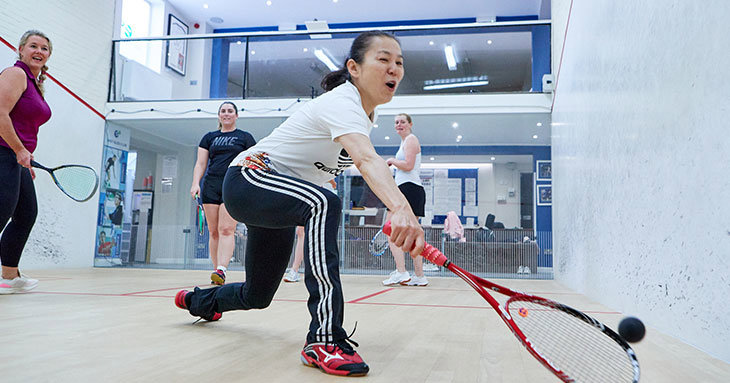
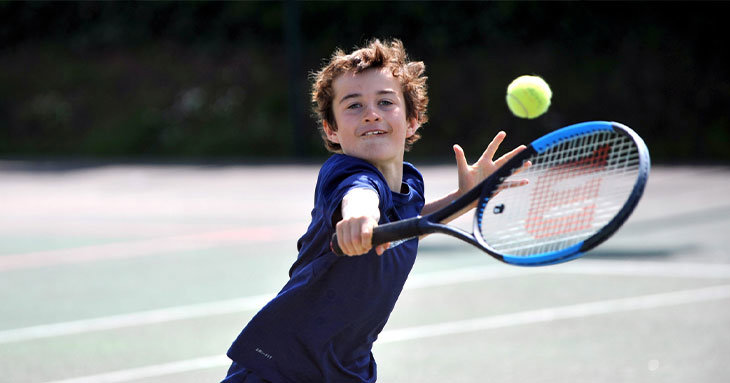
Now, East Glos Club is a fun and sociable place with first-class racket sport facilities, expert coaching and annual membership options that give members the chance to enjoy all four sports – tennis, squash, racketball and padel. Players of all ages and abilities are welcome, with opportunities for competitive and social play, too.
Anyone interested in reading more about its 140-year history can visit eastglos.co.uk/history or pick up a copy of The History of East Glos Club: Cheltenham's historic rackets club by Julian Wellings at the club reception, available to purchase at £15.
For more information on joining East Glos's community of 1,800-strong members, visit eastglos.co.uk.




